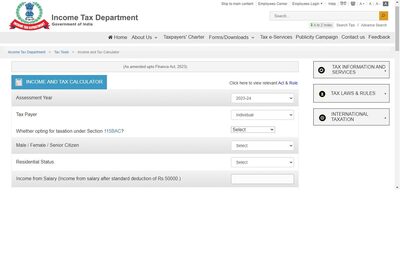
views
London: A first-aid kit found on a 2,000-year-old shipwreck has revealed how ancient physicians concocted medicines to treat sailors for dysentery and other ailments, a media report said Sunday.
The kit contains pills made of ground-up vegetables, herbs and plants such as celery, carrots, and chestnuts and was so well sealed that they miraculously survived being under water for over two millennia, The Sunday Telegraph reported.
All ingredients were referred to in classical medical texts. The wooden chest also contains extracts of parsley, nasturtium, radish, yarrow and hibiscus, it said.
They were found in 136 tin-lined wooden vials on a 50 feet-long trading ship which was wrecked around 130 B.C. off the coast of Tuscany.
Scientists believe they would have been used to treat gastrointestinal complaints suffered by sailors such as dysentery and diarrhoea, according to the report.
"The plants and vegetables were probably crushed with a mortar and pestle - we could still see the fibres in the tablets. They also contained clay, which even today is used to treat gastrointestinal problems," Telegraph quoted Alain Touwaide, from the Smithsonian Conservation Biology Institute in Washington DC, as saying.
The pills are the oldest known archaeological remains of ancient pharmaceuticals. They would have been taken with a mouthful of wine or water, or may have been dissolved and smeared on the skin to treat inflammation and cuts.
Historians believe the presence of the medicine chest suggests that the ship may have had a doctor on board, or at least someone trained in rudimentary first aid.
The vessel was transporting amphorae of wine, glassware, ceramics and oil lamps when it sank in 60 feet of water between the Italian mainland and the island of Elbe, the report said.
The discovery showed that medical knowledge contained in ancient Greek texts was being put into practise in the Roman Empire, the report said quoting Touwaide.
The ship was discovered off the port of Piombino in 1974 and the wooden medicine box was found in 1989, but it is only now that scientists have been able to use DNA sequencing technology to analyze the contents of the pills.




















Comments
0 comment